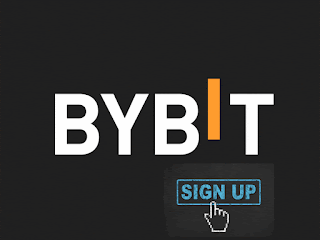Centralized Exchanges Have No Place in Crypto
Centralized exchanges have long been a fixture in the crypto industry, but they come with a number of serious drawbacks and risks for users. It's time for the crypto community to consider alternatives and embrace decentralized exchanges as the future of crypto trading.
Centralized exchanges, such as Coinbase and Binance, hold users' assets on their own servers and control the private keys that allow access to those assets. This means that users have little control over their own assets and must trust the exchange to secure and manage them.
Unfortunately, centralized exchanges have a history of security breaches and insider fraud, resulting in significant losses for users. The most infamous example is the 2014 Mt. Gox hack, which resulted in the loss of 850,000 Bitcoins and the bankruptcy of the exchange. Even more recently, in 2020, KuCoin suffered a hack that resulted in the loss of over $150 million in cryptocurrency.
In addition to security risks, centralized exchanges are also vulnerable to government interference. In 2017, the US Securities and Exchange Commission (SEC) issued subpoenas to several major centralized exchanges as part of an investigation into potential violations of securities laws.
Decentralized exchanges, on the other hand, offer a number of benefits over centralized exchanges. They allow users to retain control of their own assets and private keys, providing increased security and decentralization. In addition, decentralized exchanges are not subject to the same regulatory risks as centralized exchanges, as they are not controlled by a single entity.
One of the main arguments against decentralized exchanges is that they are less user-friendly and require a greater understanding of crypto and blockchain technology. While this may have been true in the past, the user experience on decentralized exchanges has significantly improved in recent years and they are now much more accessible to the average user.
It's clear that centralized exchanges have no place in the crypto industry. The risks and drawbacks associated with these exchanges far outweigh any convenience they may offer. It's time for the crypto community to embrace decentralized exchanges as the future of crypto trading.




.jpg)


Comments
Post a Comment